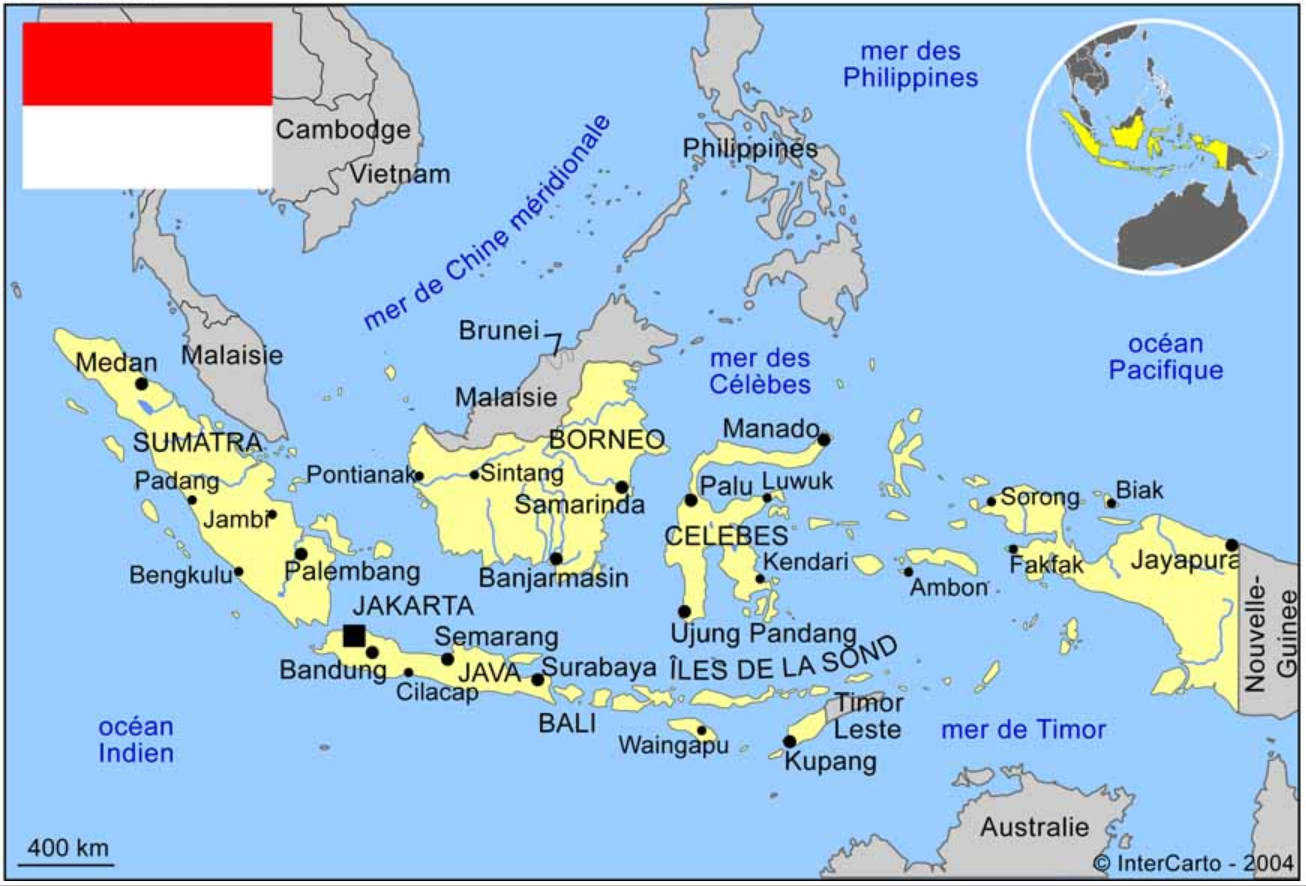
These plantations of crops like rice, cassava and potato were supposed to be the answer to what the government says is an impending global food crisis, and would help feed the world’s fourth-largest population.īut a field investigation at the sites of the food estate program in the Bornean province of Central Kalimantan by independent researchers in March 2022 and February 2023 instead found sprawling plantations that had been abandoned. JAKARTA - When the Indonesian government announced its food estate program in 2020, it envisioned the establishment of large-scale agricultural plantations across the country.

The program’s trajectory mirrors that of the Mega Rice Project from the mid-1990s, which failed spectacularly to boost yields, and left in its wake widespread destruction of carbon-rich peatlands.Activists say the program’s failings were apparent from the start, with a lack of proper impact assessments carried out prior to selecting sites and clearing forests for crops ill-suited to the soil.



 0 kommentar(er)
0 kommentar(er)
